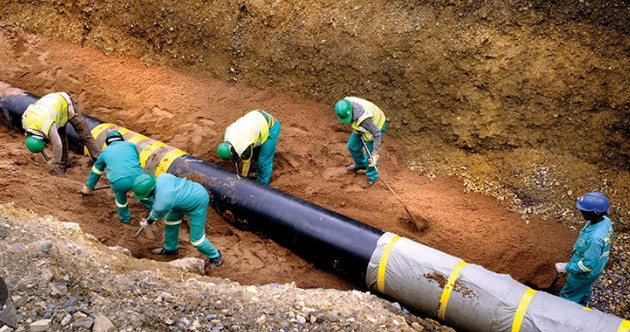Lusaka, Zambia — Mozambique’s President Daniel Chapo has offered to supply natural gas to neighboring Zambia to help the country alleviate its ongoing energy crisis, which has been worsened by low water levels affecting hydroelectric power generation.
During a two day official visit to Lusaka at the invitation of President Hakainde Hichilema, President Chapo said Mozambique is ready to share its energy resources with Zambia in a bid to enhance regional energy security and economic cooperation.
Energy Partnership and Infrastructure Plans
As part of the bilateral discussions, both leaders agreed to construct a natural gas pipeline linking the two countries, alongside a joint power generation plant and electricity transmission infrastructure to support regional power exchange.
President Chapo said the agreement reflects Mozambique’s commitment to strengthening energy partnerships within Southern Africa, emphasizing that cross-border projects are key to ensuring long-term stability in power supply and industrial growth.
“Mozambique has the resources, and Zambia has the demand. Together, we can achieve sustainable energy access for our people,” Chapo said during a joint press briefing with Hichilema.
President Hichilema welcomed the initiative, describing it as a strategic partnership that would help Zambia diversify its energy mix, reduce dependency on hydropower, and attract new investment in renewable and gas-based energy sectors.
Background
Zambia, which relies heavily on hydroelectric power, has faced recurring power shortages due to prolonged droughts and falling water levels at the Kariba Dam, its main source of electricity. The country has been implementing load shedding measures to manage supply shortfalls.
Mozambique, meanwhile, possesses vast natural gas reserves in the Rovuma Basin and has been positioning itself as a future energy hub for the Southern African region through both LNG exports and regional power projects.
The new agreement is expected to deepen economic integration between the two nations and contribute to the Southern African Development Community (SADC) goals of sustainable regional energy development.



